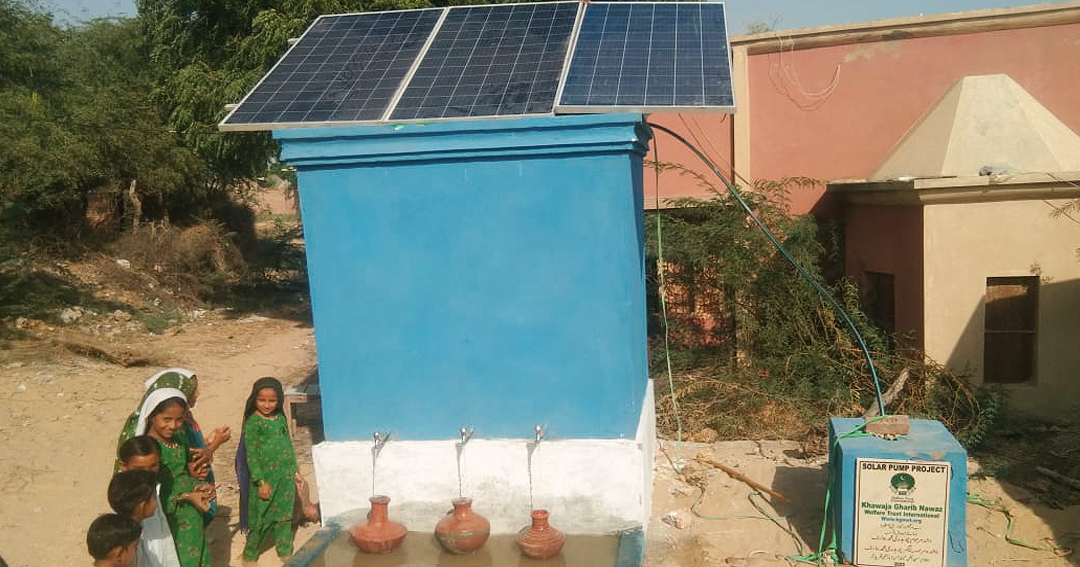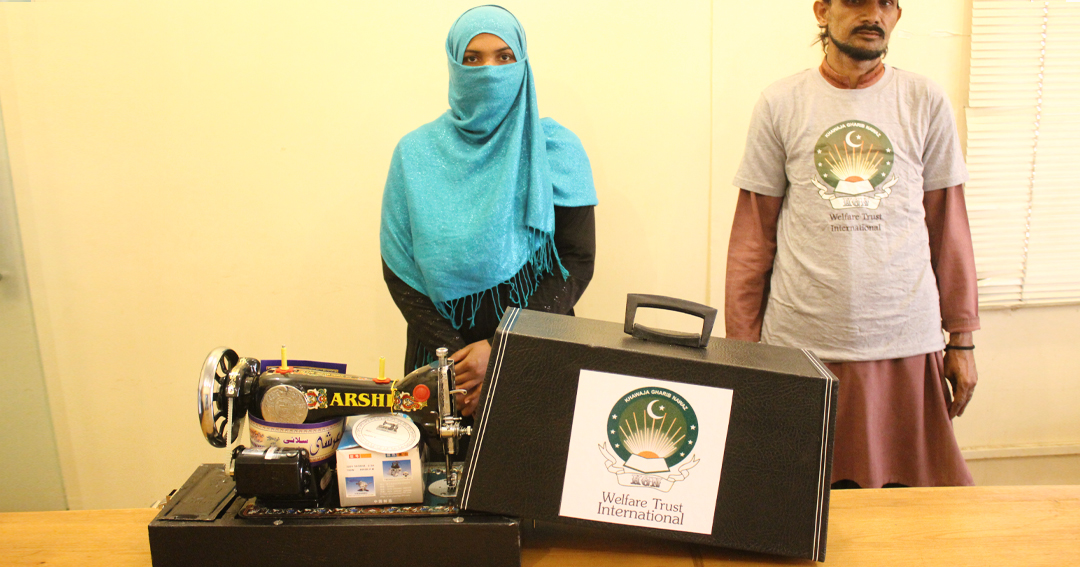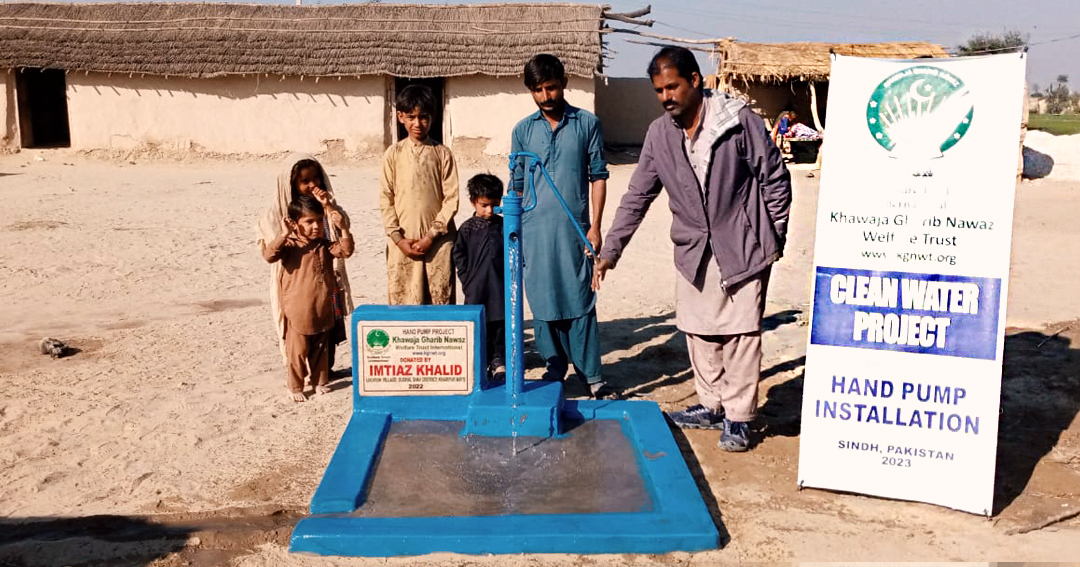21% OF PAKISTAN’S POPULATION LACKS ACCESS TO CLEAN WATER
Ensuring universal access to clean water is not only a matter of basic human rights but also a fundamental requirement for health, development, and prosperity, particularly in economically depressed areas. Unfortunately, around 21% of Pakistan’s population lacks access to a basic drinking water supply (according to data from UNICEF and WHO).
DONATE TODAY AND BRING THE CHANGE!
Access to clean water is crucial for several reasons. Primarily, it prevents waterborne diseases such as cholera, dysentery, and typhoid. The availability of clean water helps prevent these illnesses, thus improving the health and well-being of society. Water is also essential for agriculture and food production, enabling communities to grow crops and raise livestock. Additionally, when clean water is easily accessible, children are more likely to attend school regularly instead of spending hours each day fetching water from distant sources.
ACCESS TO CLEAN WATER
- Matter of Public Health
- Catalyst for Economic Development
- Brings Environmental Sustainability
To address the lack of clean water access in rural and underprivileged areas of Pakistan, KGNWT has successfully installed hundreds of hand pumps in various village areas of the country. These hand pumps draw clean water from the ground, providing the residents of that area with fresh, clean water. Keeping in view the specific needs and conditions of those rural communities, the hand pumps are installed mainly in the center of the village so that more families can benefit from them.



